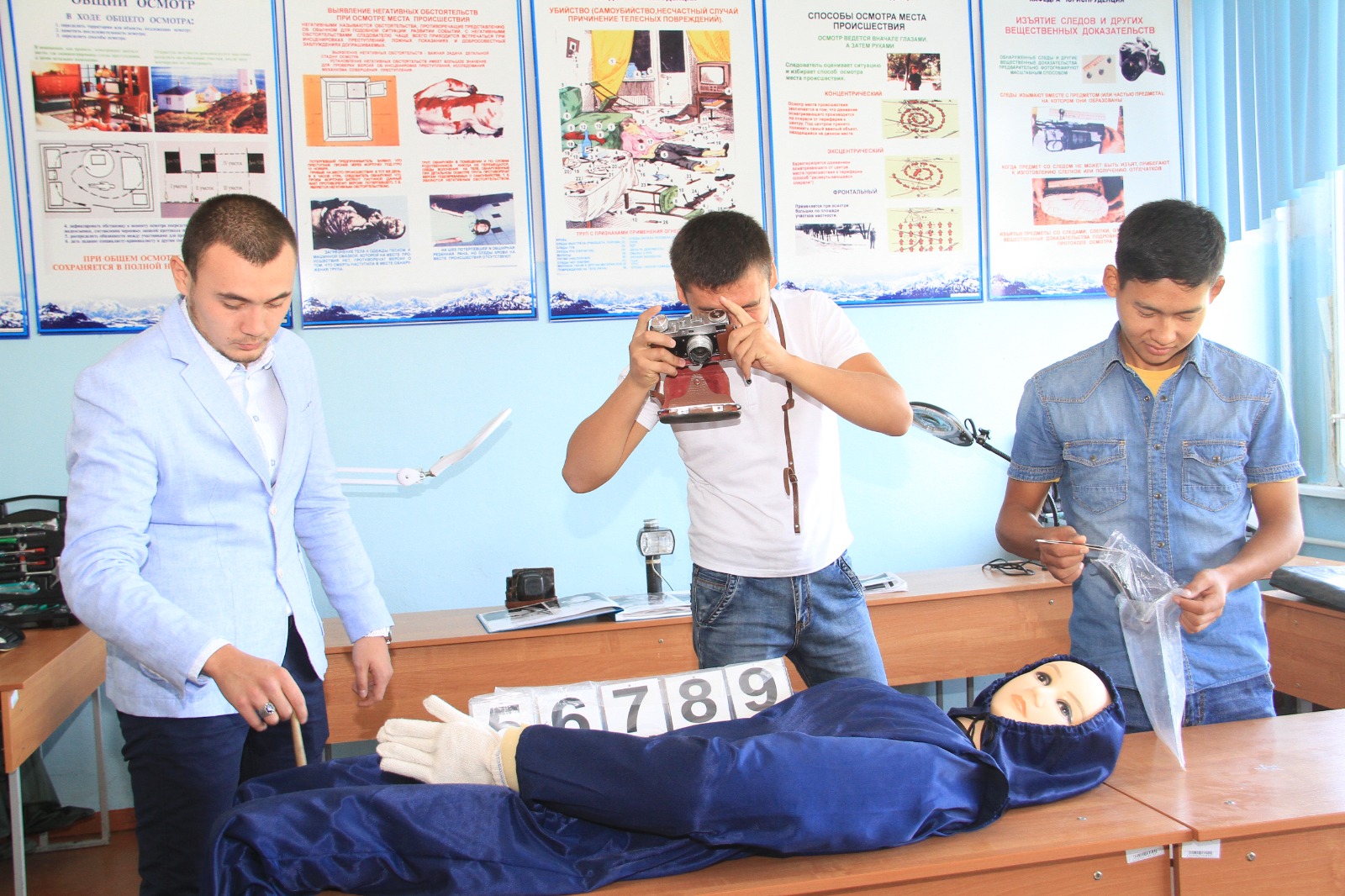-агроөнеркәсіп кешенімен байланысты Қазақстан Республикасының ұйымдары мен мемлекеттік ұйымдар;
- ішкі істер органдарының құқық қорғау қызметі, ұлттық қауіпсіздік органдары, прокурорлар, соттық органдар және т.б.;
-адвокаттардың заңгерлік және көмек көрсету қызметі, құқықтық көмек көрсету;
-орта және орта кәсіптік білім беретін оқу орындарындағы педагогикалық қызмет.
Мемлекеттің заңды құқықтары мен мүдделерін, заңды және жеке тұлғалардың құқықтарын сақтау кепілдігін қамтамасыз ету.
- АӨК саласында заңгерлік қызмет;
-мемлекеттік билік пен басқарудың атқарушы және басшылық органдары;
- мемлекеттік билік және басқарудың атқарушы және өкілді органдары;
- адвокатура; банктер; нотариальдық конторалар;
- әр түрлі компаниялардың заңды бөлімдері;
- салық қызметінің органдары;
- кеден органдары;
- сақтандыру және аудиторлық компаниялар;
- білім саласын ұйымдастыру.
- Құқық қорғау органдары;
- құқық қорғаушылық;
- Ұйымдастырушы- басқарушылық;
- Педогогикалық;
- Қазақстан Республикасында құқықтық, зайырлы және демократиялық мемлекеттің құрылуы;
- Құқық қорғау іс-шараларын заңдардың, жеке және заңды тұлғалардың заң алдында қатаң сақталу қағидаты бойынша іске асырылуы;
- Құқық қорғау саласындағы мәселелерді анықтау және ұлттық заңнаманы жетілдіру.
1. Бағалаушылық:
- сарапшының (маманның) пікірін талдау және дұрыс бағалау;
- нақты және заңды жағдайларға дұрыс баға беріңіз;
- барлық деңгейдегі мемлекеттік басқару органдарының жүйесін және сот жүйесін талдай білу;
- прокуратура органдары;
- адвокаттық жүйе, олардың өкілеттіктері мен қызметтері
- кәсіби қызметіне байланысты құқықтық нормалар мен құқықтық қатынастарды талдау;
- сот және әкімшілік практиканы талдау;
- азаматтық заңдарды білу, оны іс жүзінде қолдану;
- қылмыстық заңнама мен қылмыстық іс жүргізу заңнамасының негіздерін біліп, тергеу мен сот қарауында оларды практикада қолдана білу;
- криминалистикалық техника мен тактикасының әдістері мен тәсілдерін меңгеру;
-құқықтық мәселелерді талдауға және шешуге қабілетті
-азаматтық, еңбек, қаржы, жер, ауыл шаруашылығы, процессуалдық және басқа да құқықтық қатынастар саласында теориялық және практикалық құқықтық мәселелерді талдауға және шешуде
-азаматтық, еңбек, қаржы, жер, ауыл шаруашылығы, процедуралық және басқа да құқықтық қатынастар саласында теориялық және практикалық тұрғыда қабілетті болу;
- сот процесінің мәселелерін табысты шешу үшін дәлелдемелер жүйесінің теориялық негіздерін және практикалық маңыздылығын білу.
2. Конструктивтік:
- қылмыстарды және қылмыстық құқық бұзушылықтарды дұрыс білуге және құқық бұзушылықтың басқа түрлерінен айыруға қабілетті болуы керек;
- нормативтік құқықтық актілерді түсіндіру және дұрыс қолдану;
-дұрыс және жоғаы кәсіби деңгейде практикада қолданатын әртүрлі бағыттағы іс жүргізу құжаттарын құра білу;
- қызметтік міндеттердің аясында заңдарды және заңнамалық актілерді қолдана білу.
3. Ақпараттық-технологиялық:
- кəсіби қызметтің тиісті салаларында құқықтық нормаларды іске асыруға қатысты нормативтік жəне нақты ақпарат жинау;
- құқықтық ақпарат жүйелерін және интернетті пайдалана білу;
- құқықтық ақпаратты статистикалық талдай білу;
- кəсіби қызметте ақпараттық технологияларды пайдалану, кəсіби мəселелер мен практикалық мəселелерді шешуге мүмкіндік беретін түрлі ақпарат көздерімен жəне ресурстармен жұмыс жасай білу;
- тұрақты тәуелсіз танымдық белсенділік, қашықтан көмек көрсетуді енгізуге және басқа да кәсіби іс-шараларды өткізуге дайын болу;
- компьютерлік және мультимедиялық технологияларды, сандық ресурстарды пайдалану;
-электорондық нұсқада құжаттарды енгізу.
Нақты практикалық жағдайларда құқықтық нормалар мен теорияларды қолдану, заң техникасы, жалған жол берулерді білу, пікірталас логикасында қателер мен кемшіліктерді көре білу; фактілер мен зардаптарды ажырата білу; дәлелдер мен фактілердің маңыздылығын бағалау; жоспарлар мен ықтимал әрекеттер жүйесін дамыту; әртүрлі салалардың білімдерін пайдалана отырып, құқықтық проблеманы шешудің жоспарын жасау; сот ісін жүргізудің барлық жағдайларын тергеу және негізделген шешім қабылдау; құқықтық салада кәсіптік бағдарланған ақпараттық технологияларды, сондай-ақ деректер базасын және құқықтық ақпаратты өңдеу процестерін пайдалану; ақпаратпен дербес жұмыс жасау, ұйымдастырушылық-құқықтық мәселелер бойынша нормативтік актілер туралы пікірлер мен ұсыныстарды дайындау; қажетті рәсімдік құжаттарды ресімдеу; іс жүргізуді қолдану сұрақтары бойынша; нормативтік құжаттарға өзгерістер енгізу бойынша ұсыныстардың артықшылықтары мен кемшіліктерін бағалау; бірлескен қызметте, ұжымда, жұмыс тобында бсқа да пәндер аясындағы сарапшылардың өзара байланысы; өз қызметінің қорытындысын бағалау.



